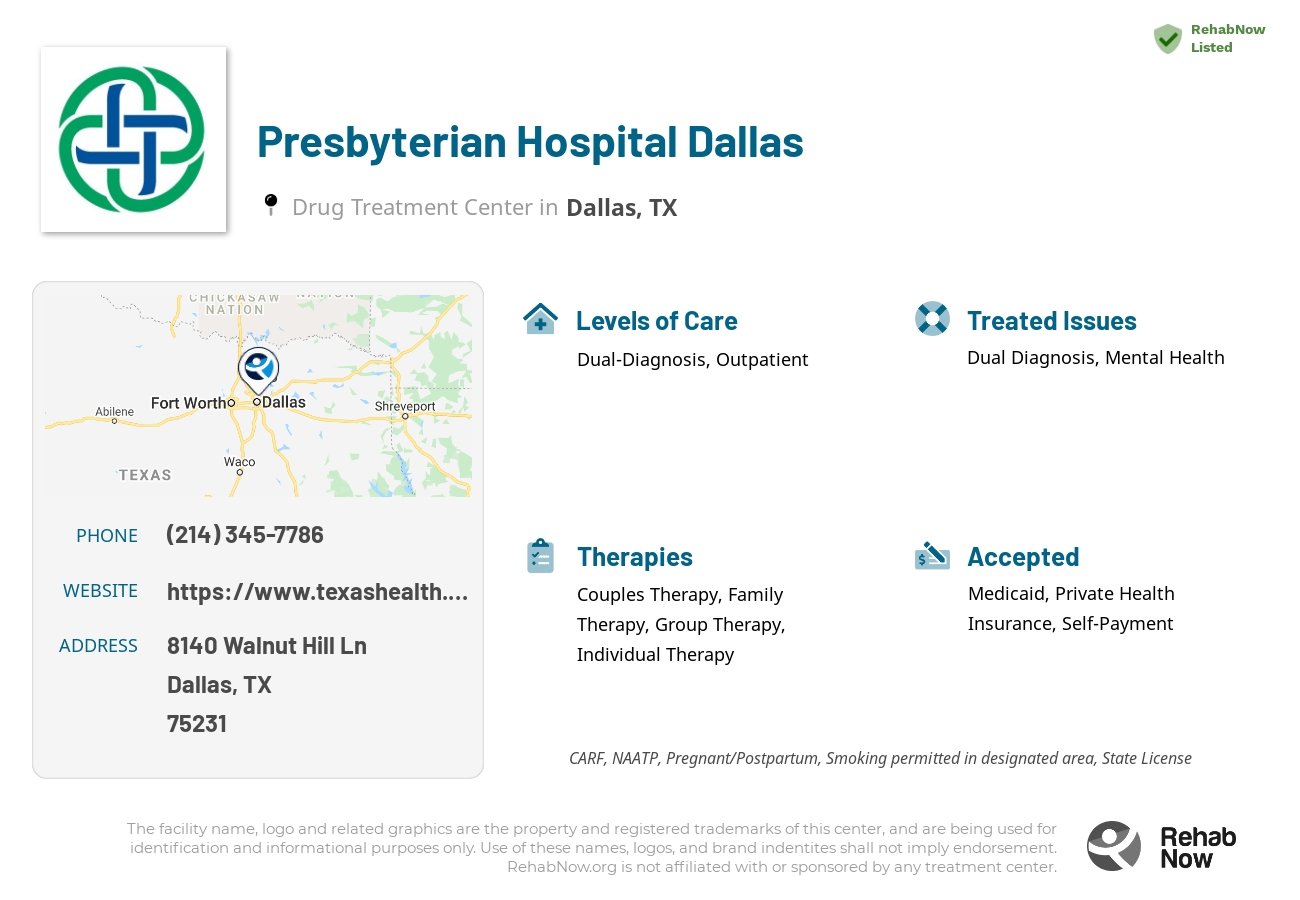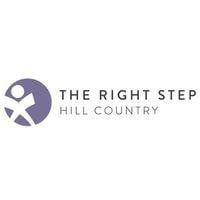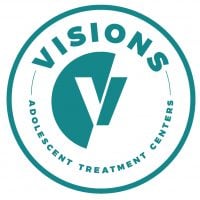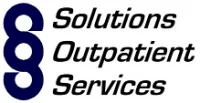
Presbyterian Hospital Dallas
Drug Rehab Center in Dallas, Texas
- Mental Health
- Dual Diagnosis
Presbyterian Hospital in Dallas provides personalized dual diagnosis mental health care services, including inpatient and outpatient treatment, with evidence-based practices and interventions such as cognitive behavioral treatment (CBT), dialectical behavior therapy (DBT), and motivational interviewing (MI).
About This Texas Facility
Presbyterian Hospital Dallas, located in Dallas, Texas, is a treatment facility that specializes in dual diagnosis and mental health. This facility is dedicated to providing support and treatment for individuals who are looking to overcome substance abuse and achieve sobriety. Presbyterian Hospital Dallas offers outpatient levels of care, making it accessible for individuals who prefer a more flexible treatment approach. They accept private health insurance, allowing patients to seek treatment without added financial stress. With their focus on dual diagnosis and mental health, Presbyterian Hospital Dallas aims to provide a comprehensive treatment plan for those suffering from these co-occurring disorders.
Presbyterian Hospital Dallas provides a range of services and treatment methods for addiction and substance abuse. Through their dual diagnosis approach, they address both mental health issues and substance abuse problems simultaneously, recognizing the significant impact they can have on each other. The facility offers outpatient levels of care, allowing patients to receive treatment while still maintaining their daily routines. The treatment methods utilized at Presbyterian Hospital Dallas include individual counseling, group therapy, family therapy, and medication management. Their approach is tailored to meet the unique needs of each patient, fostering a personalized and effective recovery journey.
Genders
Ages
Modality
Additional
Conditions and Issues Treated
Conditions such as anxiety, depression, schizophrenia, bipolar disorder are part of mental illness. This may occur that opioid abuse and vice versa are induced by mental illness. Diagnosing a concurrent diagnosis or co-occurring condition at Presbyterian Hospital Dallas is essential to understand the addiction better.
Dual Diagnosis (Co-Occuring Disorders), Mental Health
Levels of Care Offered at Presbyterian Hospital Dallas
This center offers a variety of custom treatment tailored to individual recovery. Currently available are Dual-Diagnosis, Outpatient, with additional therapies available as listed below.
To assist with alcohol or opioid abuse, or a co-occurring condition, Presbyterian Hospital Dallas offers an outpatient treatment program. For their rehabilitation and other services, the Texas patient will go to the treatment center, yet return home every night. After most of the program is completed, the level of mandatory participation reduces.
Therapies & Programs
Therapy plays a major role in addiction recovery. It encourages patients to get to the root of their addiction and learn how to better handle the issues that led to using. Therapy can be conducted in group and one on one settings. In Presbyterian Hospital Dallas‘s individual therapy, the patient meets with the therapist in a one on one setting. This allows them to focus on the underlying issues of addiction and come up with solutions to prevent future abuse.
One of the most common areas of stress and damage during addiction is in intimate relationships. Addiction involves everyone in a family, not only the addict. Couples therapy can rebuild trust and joy that may have been damaged.
When the whole family is involved, healing can be far more successful. Family counseling involves genetic factors to the family of the addict. This offers the means to cope with addiction and its underlying emotional disorders for loved ones. It is a helpful method for addicts in helping to adjust to sober living.
Cognitive Behavioral Treatment (CBT), Couples Therapy, Dual-Diagnosis, Family Therapy, Group Therapy, Individual Therapy, Outpatient Treatment (OP)
Payment Options Accepted
For specific insurance or payment methods please contact us.
Is your insurance accepted?
Ask an expert, call (888) 674-0062
Additional Details
Specifics, location, and helpful extra information.
Dallas, Texas 75231 Phone Number(214) 345-7786 Meta DetailsUpdated November 25, 2023
Staff Verified
Patient Reviews
There are no reviews yet. Be the first one to write one.
Dallas, Texas Addiction Information
Texas is one of the primary hubs for drug smuggling into the country. The border between Texas and Mexico is more than 1,000 miles long. More than 10 million residents use alcohol every year and more than 25% of those are minors. Alcohol and drug use has become so common in Texas that almost 15% of all deaths can be attributed to these substances.
The drug addiction problem in Dallas, Texas is severe. Around 7% of the population is addicted to drugs. Drug addiction and abuse can also have a big impact on the community, as it can lead to increased crime rates. From 2009-to 2013, the number of people admitted to rehab for heroin. According to recent statistics, over 1,000 drug-related deaths in Dallas in 2016 alone.
Treatment in Nearby Cities
- Georgetown, TX (164.3 mi.)
- Bonham, TX (59.1 mi.)
- Frisco, TX (19.1 mi.)
- Beeville, TX (315.2 mi.)
- Minot, TX (1,087.8 mi.)
Centers near Presbyterian Hospital Dallas



The facility name, logo and brand are the property and registered trademarks of Presbyterian Hospital Dallas, and are being used for identification and informational purposes only. Use of these names, logos and brands shall not imply endorsement. RehabNow.org is not affiliated with or sponsored by Presbyterian Hospital Dallas.







